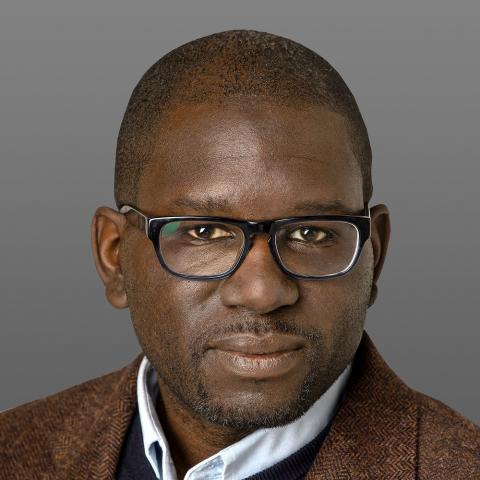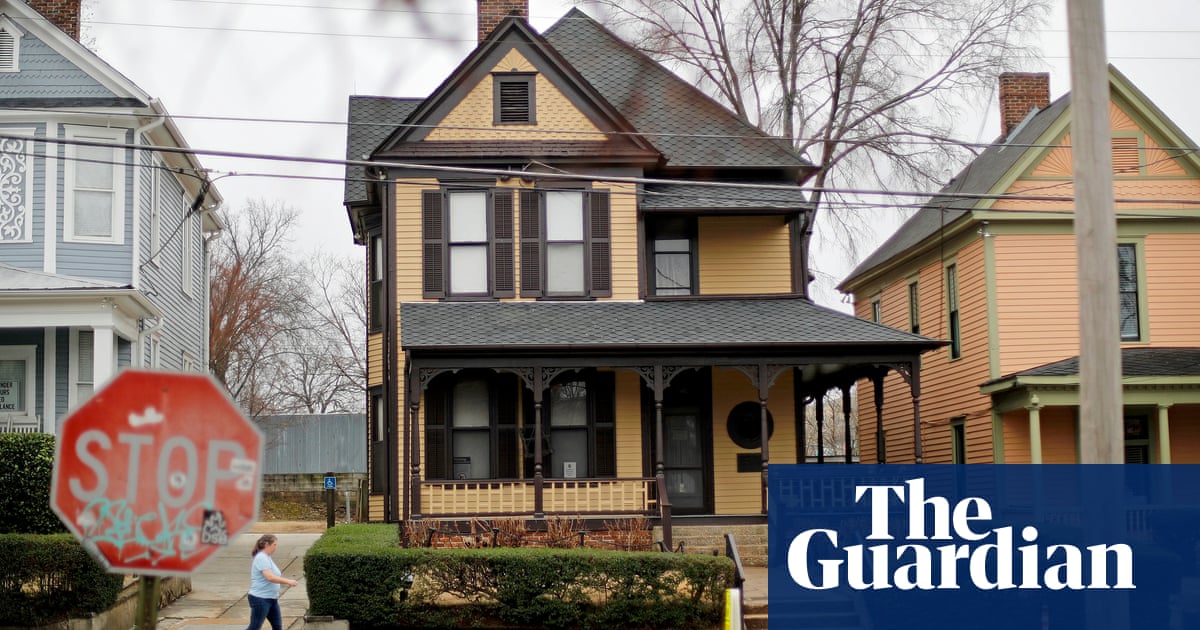
Towards the end of his life, Martin Luther King Jr. lamented that his dream had "turned into a nightmare."
The US civil rights leader was a weary man when he was cut down by an assassins bullet at the age of 39 on the balcony of a motel in Memphis, Tennessee on April 4, 1968.
He was also a controversial man -- unlike the iconic figure celebrated today with a national holiday and an imposing granite memorial in Washington, said an Agence France Presse report on Sunday.
"Hes become frozen in time -- not as the man he was in 1968, but in the image of August 1963 when he gives the I Have a Dream speech," said David Farber, a history professor at the University of Kansas.
"Its easy for Americans to forget how polarizing a figure King actually was in the 1960s," Farber said.
"Hed become a really radical figure in the United States -- an outspoken opponent of American foreign policy, demanding that justice extend not just to African-Americans but to all poor Americans."
A seminal moment came in April 1967, when King made a speech in New York opposing the war in Vietnam, where more than 11,000 US troops were to die that year.
"King raised the ire of the entire civil rights movement and of government and much of the political structure when he came out against the Vietnam War," said Henry Louis Taylor Jr., director of the Center for Urban Studies at the University of Buffalo.
David Garrow, author of "Bearing the Cross: Martin Luther King Jr., and the Southern Christian Leadership Conference," said opposition to the war was seen as "fringe" at the time, and anti-war sentiment was "not widely popular like it is, say, come 1972."
At the time of his murder by James Earl Ray, a white drifter with racist leanings, King had also been living for years under the constant surveillance of the FBI, which had dubbed him the "most dangerous" man in America.
And his unwavering defense of non-violence as the way to bring about change was facing a challenge from a younger, impatient generation of militant black youth.
"The final 12 months of his life, King is so exhausted, so pessimistic about the future, so depressed," Garrow said. "A dozen or more times in his final two years, he says The dream I had in Washington in 1963 has turned into a nightmare."
"One of the things we miss about King is how hard it was to do the work hes doing, the toll it takes," said Jeanne Theoharis, a political science professor at CUNYs Brooklyn College.
Fifty years after his death, the vision of racial equality that King outlined on the steps of the Lincoln Memorial remains elusive.
Jason Sokol, a history professor at the University of New Hampshire, said there have been some advances for African-Americans over the years, culminating in the 2008 election of Barack Obama, Americans first black president.
But racial inequalities persist, "especially when you look at black poverty, the black incarceration rate and the issue of police brutality," said Sokol.
Taylor, the University of Buffalo professor, stressed that by the time of his death, Kings ambitions had gone "beyond civil rights to embrace human rights."
"Kings dream was anchored around imagining another possible world based on economic, social, political and racial justice -- things related to a good education, decent and affordable housing, good jobs with a living wage, quality and accessible health care," he said.
"So when we add flesh to Kings dream, we realize that we havent really made much progress over the last 50 years in the realization of that dream," he said.
"While certainly there have been changes in the racial attitudes of individuals, the racism that is embedded in institutions and in structures in the United States has not changed much at all."
At the same time, Kings legacy looms large in myriad ways.
"King said in his Nobel Prize lecture in 1964 that the Freedom Movement was spreading the widest liberation in human history," said Taylor Branch.
Kings legacy can also be seen in the Black Lives Matter campaign against police violence and other movements for social justice, Taylor said.
"Most recently you saw it in the March for Our Lives in which millions of kids all over the country took to the streets," he said.
"Im extremely optimistic that out there were seeing a new generation of folks in this country who are resurrecting the notion of Kings dream," he said.
One of those kids at the March for Our Lives was Kings nine-year-old granddaughter Yolanda Renee, who galvanized the crowd by recalling his most famous words.
"I have a dream that enough is enough," she said. "And that this should be a gun-free world, period."












